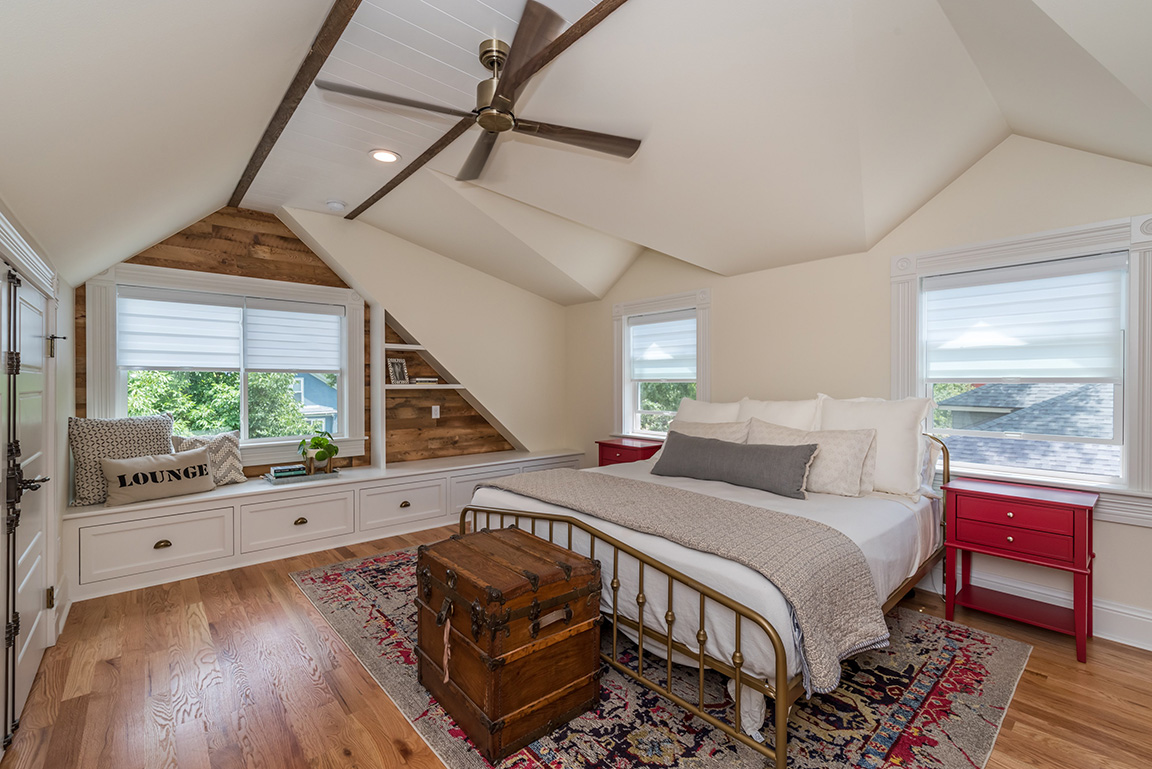When considering the energy consumption of HVAC systems, homeowners and real estate developers often ask, ‘How many watts does an HVAC system use?’ Answering this involves understanding a variety of factors that influence an HVAC system’s power requirements. Knowing this can help in developing energy-efficient homes and managing electricity costs effectively.

What is an HVAC System?
HVAC systems are integral parts of modern homes and commercial establishments. They stand for Heating, Ventilation, and Air Conditioning systems, which are designed to provide thermal comfort and indoor air quality. Understanding the components and functionalities of these systems is key to managing their energy consumption effectively.
Key Components of an HVAC System
The major components include:
- Heaters
- Air conditioners
- Ventilators
- Thermostats
- Ductwork
How Many Watts Does an HVAC System Use?
The energy consumption of an HVAC system can vary significantly based on its size, efficiency, and operating conditions. On average, residential HVAC systems consume between 3,000 to 5,000 watts for cooling and heating cycles. However, efficient Energy Star models may consume less.
Tremendous Factors Influencing HVAC Power Usage
- System Size and Capacity: Larger systems or those with higher output capacities tend to consume more energy.
- Climate Conditions: Regions with extreme temperatures require greater energy consumption for maintaining indoor comfort.
- System Efficiency and Age: Newer, more efficient systems often use less energy than older units.
- Usage Patterns: Constant use or maintenance can affect power consumption.
Big Tips for Reducing HVAC Energy Consumption
System Maintenance
Regular maintenance ensures systems run efficiently, minimizing energy waste. Replace filters and clean ducts periodically. Explore expert advice on duct cleaning.
Smart Thermostats
Utilizing smart thermostats helps optimize energy consumption by automating temperature adjustments based on usage patterns.
Technology in HVAC Systems to Enhance Efficiency
Modern technology has introduced smart features and energy-efficient models that optimize electricity usage. New initiatives in HVAC design offer improved compressor and motor efficiency, along with enhanced insulation materials that maintain indoor air quality.
Approved Practices for Installing Efficient HVAC Systems
Consider implementing approved practices such as precision zoning, advanced controls, and selecting Energy Star rated devices to save energy.
Delighted Homeowners Share HVAC Savings Stories
Homeowners who switched to energy-efficient HVAC systems reported significant savings on utility bills. By integrating energy-smart solutions, they also enhanced indoor comfort.
Addressing Common Myths About HVAC Energy Consumption
Myth-busting common misconceptions about HVAC systems can lead to improved energy-saving decisions at home.
- Myth: Running fans increases system efficiency.
Fact: Fans do not affect cooling or heating but circulate air. - Myth: Closing vents in unused rooms saves energy.
Fact: Closing vents disrupts airflow balance, leading to inefficiencies.
Terrific Results from Using Efficient HVAC Systems
The results of investing in energy-efficient HVAC systems include not only reduced electricity bills but also improved indoor air quality and environmentally friendly homes.
Frequently Asked Questions
What affects HVAC watt usage the most?
Factors like size, climate, and efficiency most affect system watt usage.
Is it worth upgrading to an efficient HVAC system?
Yes, newer systems are designed to be more efficient, thus saving on long-term costs.
Can I calculate my HVAC system’s exact watt usage?
To get specifics, refer to your system’s manual or contact a technician. For more detailed info, consider visiting Wikipedia.

Conclusion: Embracing Efficiency
Understanding how many watts an HVAC system uses helps homeowners make informed decisions. By prioritizing efficiency, they can enjoy comfortable living spaces while contributing to environmental sustainability.
As an Amazon Associate, I earn from qualifying purchases.



